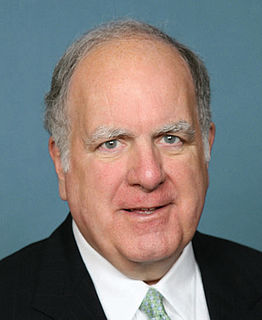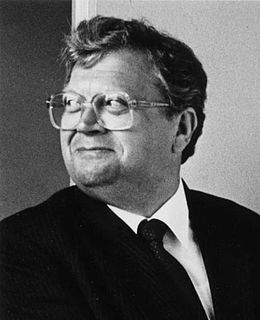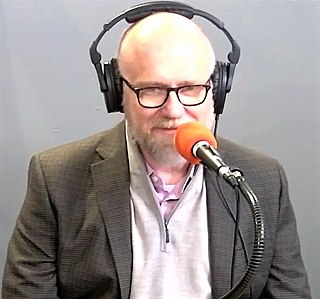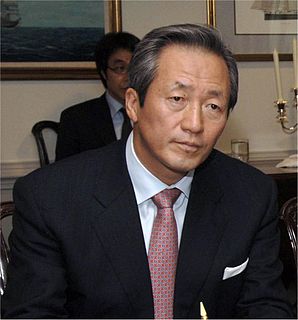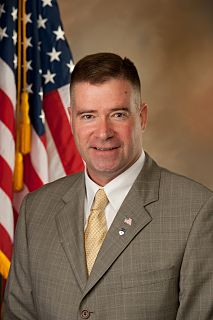A Quote by Paul Virilio
I repeat what I suggest in my book [ Strategie de la deception]. The first deterrence, nuclear deterrence, is presently being superseded by the second deterrence: a type of deterrence based on what I call 'the information bomb' associated with the new weaponry of information and communications technologies.
Related Quotes
New Zealand’s nuclear free movement is a broad-based and popular movement. Our nuclear free status is a challenge to much that is accepted as orthodox in international relations. It was formally adopted in the cold war era as a form of resistance to the dismal doctrines of nuclear deterrence. It is still a rebuke to the unprincipled exercise of economic power and military might.




